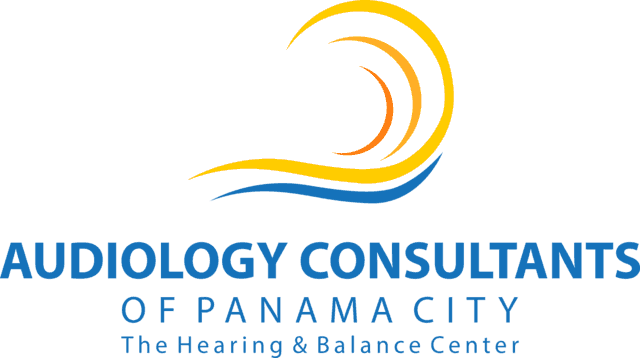- Steps to Coping with Chronic Dizziness - June 6, 2025
- Using Hearing Aid Accessories for Enhanced Listening - May 6, 2025
- Practical Tips for Managing Daily Challenges With Tinnitus - April 8, 2025
World Alzheimer’s Day is celebrated each year on September 21st. This day reminds us about the impact of dementia and Alzheimer’s disease on individuals and communities globally. This year’s World Alzheimer’s Day is a great time to learn more about the connection between hearing loss, cognitive decline, and dementia.
The Global Reach of World Alzheimer’s Day
World Alzheimer’s Day is a time to stand with those who are affected by Alzheimer’s disease and dementia. Organized activities such as community gatherings, educational seminars, memory walks, and virtual events provide platforms for individuals and organizations across the globe to offer support to those living with the challenges of dementia. World Alzheimer’s Day is a time to raise awareness about Alzheimer’s disease and other forms of dementia.
Understanding the Link Between Hearing Loss and Dementia
In recent years, research has uncovered a strong connection between untreated hearing loss and cognitive decline, including the onset of dementia. Studies show that individuals with untreated hearing loss may experience accelerated brain atrophy, reduced cognitive function, and an increased risk of developing dementia.
This highlights the impact of hearing health on brain health. In fact, treating hearing loss has been shown to reduce the risk of cognitive decline and help you maintain the overall health of your brain.
Cognitive Overload Theory
Hearing loss can put a strain on the brain. Hearing loss demands more cognitive resources during the process of listening. When significant effort is required to discern speech and sounds, it can lead to cognitive overload. This strain can take energy away from other cognitive functions, such as memory and thinking, potentially hastening cognitive decline.
The cognitive overload theory suggests that when the brain is overtaxed in this way, it can lead to fatigue, cognitive decline, and even dementia.
Preventative Measures
- Regular hearing screenings, especially for adults aged 50 and above.
- Use of hearing aids or assistive listening devices to mitigate the cognitive load.
Social Isolation and Loneliness
Hearing loss has a big impact on social interactions. Hearing loss can lead to misunderstandings, frustrations, and a gradual withdrawal from social activities. This isolation is a significant risk factor for the development of dementia.
Studies have shown that social engagement stimulates cognitive functions, offering a form of intellectual exercise that can preserve mental faculties and help keep your mind sharp. When hearing impairments limit these interactions, it may not only lead to loneliness but also increase the risk of cognitive decline.
Bridge the Gap
- Encouraging social interactions and participation in community activities.
- Implementing hearing loss interventions, like hearing aids, can improve the quality of life and social engagement.
Shared Pathological Pathways
Research has also discovered a potential shared biological mechanism between hearing loss and dementia. This can include neurodegeneration, reduced cerebral blood flow, and alterations in the hippocampus, a region crucial for memory. These overlapping pathways suggest that hearing loss can have a huge impact on the development of dementia. Understanding these structural connections can help us see why treating hearing loss can delay or prevent dementia in individuals with hearing loss.
Integrated Health Strategies
- Multidisciplinary approaches to monitor and manage health conditions contributing to both hearing loss and cognitive decline.
- Promoting heart and brain health to protect against changes that could exacerbate either condition.
Early Intervention and Rehabilitation
While the research into whether hearing aids can prevent or slow the progression of dementia is ongoing, there is evidence to suggest they hearing aids can improve cognitively related symptoms. By alleviating the strain of decoding sounds and enhancing communication, hearing aids may potentially slow cognitive decline in individuals with hearing loss.
Prioritizing Hearing Health
Looking after your hearing health not only enhances your ability to engage with the surrounding environment but it also plays a role in safeguarding your cognitive well-being. When you treat hearing loss, you can reduce the potential risk of cognitive decline.
This World Alzheimer’s Day, prioritize your hearing health. By addressing your hearing loss, you have the opportunity to keep your brain active and healthy and reduce the risk of dementia. Book a hearing test to find out more. Together we’ll take a closer look at your hearing health, identify any hearing loss, and suggest treatment options that will have you back to hearing in no time.


